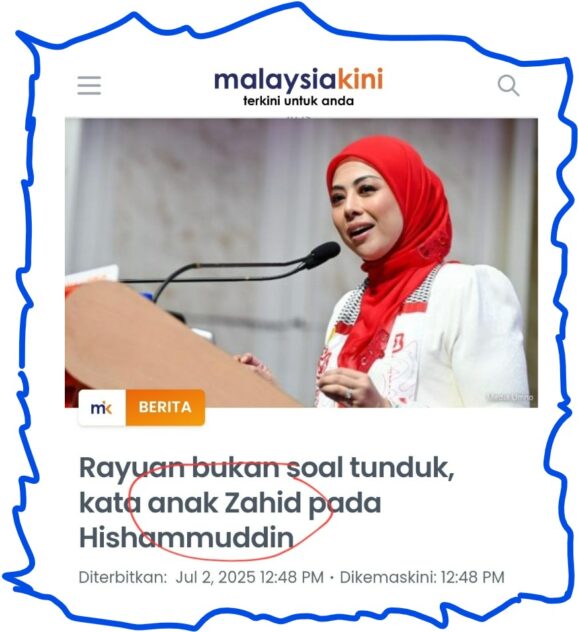By Xavier Surentherathas
In this Covid-19 global pandemic era, there is not a single CFO out there who isn’t scrutinising their company’s spending. It has been very challenging for Malaysian businesses as well, considering the weakening economy, supply chain disruptions, knock-on effects from troubled sectors and loss of jobs.
Fortunately, data’s role has exploded in the business world and is favourably impacting the situation. To properly assess a company’s financial position, a CFO needs to be able to effectively access data. The key is to take a large amount of information and narrow it down to action items. Effectively harnessing important data can be an issue.
IT has evolved from being a background cost centre generating reports used to close the books, to a place where data is housed, manipulated and made available, which is key to running a successful business.
IT is no longer in the background, carrying out mundane operations. It is capturing vital data and is now a strategic voice in running a business. When a CFO can effectively capture and analyse data, he or she can improve specific strategic areas. As a result, there is an increasing collaboration between CFOs and CIOs as IT formats data and provides insight into what might be most helpful to finance.
The Covid-19 challenges
While financial scrutiny is applicable to all areas, IT is different because most CFOs do not know all the specific technological nuances for his or her company. As the pandemic forces businesses to deal with unprecedented financial challenges and pressures, the CIO needs to help provide perspective to the CFO for necessary actions and what items might be able to be temporarily suspended without harming the business.
Buying IT equipment requires cash and all companies are looking at actions to maximise cash flow and minimise expenses as Covid-19 impacts the global economy. However, most CFOs will not know which of the costs from the IT department to reduce without a collaborative conversation with the CIO.
One strategy I consistently employ with our CIO, which has been extremely helpful during this crisis, is a regularly scheduled, detailed review of all ad-hoc expenses across the company, looking for technology items that should be aggregated or are not compliant with standards. This is an area that requires CIO input and experience.
Relying on each other
It is very difficult for CFOs to keep up with IT. It evolves so rapidly and requires specialty knowledge. Generalists are left in the dust when it comes to technological progress. A CFO can measure costs but determining capabilities and staying ahead of what is on the horizon requires a specialist, which is a CIO. At the same time, technology often offers glitzy, fancy new toys and it is imperative that IT professionals stay focused on what type of capital is available, what they want to spend it on and how their values are aligned with the business.
CFOs are focused on maintaining normal business activity without increasing expenses. Industry analyst Gartner has reported for many years that third-party maintenance is less expensive than what OEMs offer. And the service is just as good if not better.
If anybody came to you and demonstrated, “You’re paying US$100,000 for this service, but I can do it for US$50,000-US$60,000 and I’m going to do it better,” there’s not a CFO who wouldn’t take that deal, but it would require CIO scrutiny and knowledge.
IT’s unique contributions
In my collaborations with IT leaders, I have learned that IT is uniquely positioned to scan the entire company for technology-enabled improvements: revenue opportunities, productivity increases and cost savings.
When the CIO and the CFO collaborate to find and implement these improvements, the company becomes more effective than if a silo approach is taken on a per-department basis.
While Covid-19 is a challenge, it also presents an opportunity to identify improvements. As people are suddenly forced into working in a different model, the traditional ways of doing business can be challenged more quickly.
A collaboration between the CIO and the CFO in looking at the results of the workforce being sent home, may present opportunities in office utilisation, software purchases, hardware deployment and other areas.
Every project brought forward to IT can have cost structures that include outside purchases as well as internal labour. Projects need to bring value to the company; and the calculation of that value, perhaps in the form of ROI, requires CIO and CFO collaboration to accurately calculate the value and measure the results after the project is in place.
With our CIO, I consult with an ongoing process analysis team that looks for cost reduction opportunities that won’t impact customer satisfaction. This input is key to make sure a potential financial decision that may benefit the company does not negatively impact customer service.
The Park Place difference
CFOs will not know that value without CIOs sharing the information. For example, CFOs and CIOs together can protect their business revenues and their business-critical IT by ‘sweating’ their IT assets longer through value-added life-cycle support services.
There is a new category to look out for: discover, monitor, support and optimise (DMSO), that Park Place Technologies is uniquely positioned to deliver for its customers. It is a fully integrated approach to managing critical infrastructure that can help businesses manage data centre remotely, optimise network performance with analytics, and simplify the management of complex hybrid environments while realising cost-saving.
As businesses continue their digital transformations, they depend on data that resides on-premises, in public and private clouds, devices at the edge and networks, and operation centres that span the globe.
Managing these complex environments is increasingly becoming more difficult. Exponential increases in time, labour and cost, as well as the complexity of navigating a maze of service providers to establish clear accountability and support, requires a more intelligent and flexible approach as DMSO.
We are all hoping the Covid-19 era passes quickly. But the long-term necessity and benefits of CFOs and CIOs collaborating will continue well beyond the current crisis and will remain an ongoing part of any business’s evolution, strategy and long-term health.









